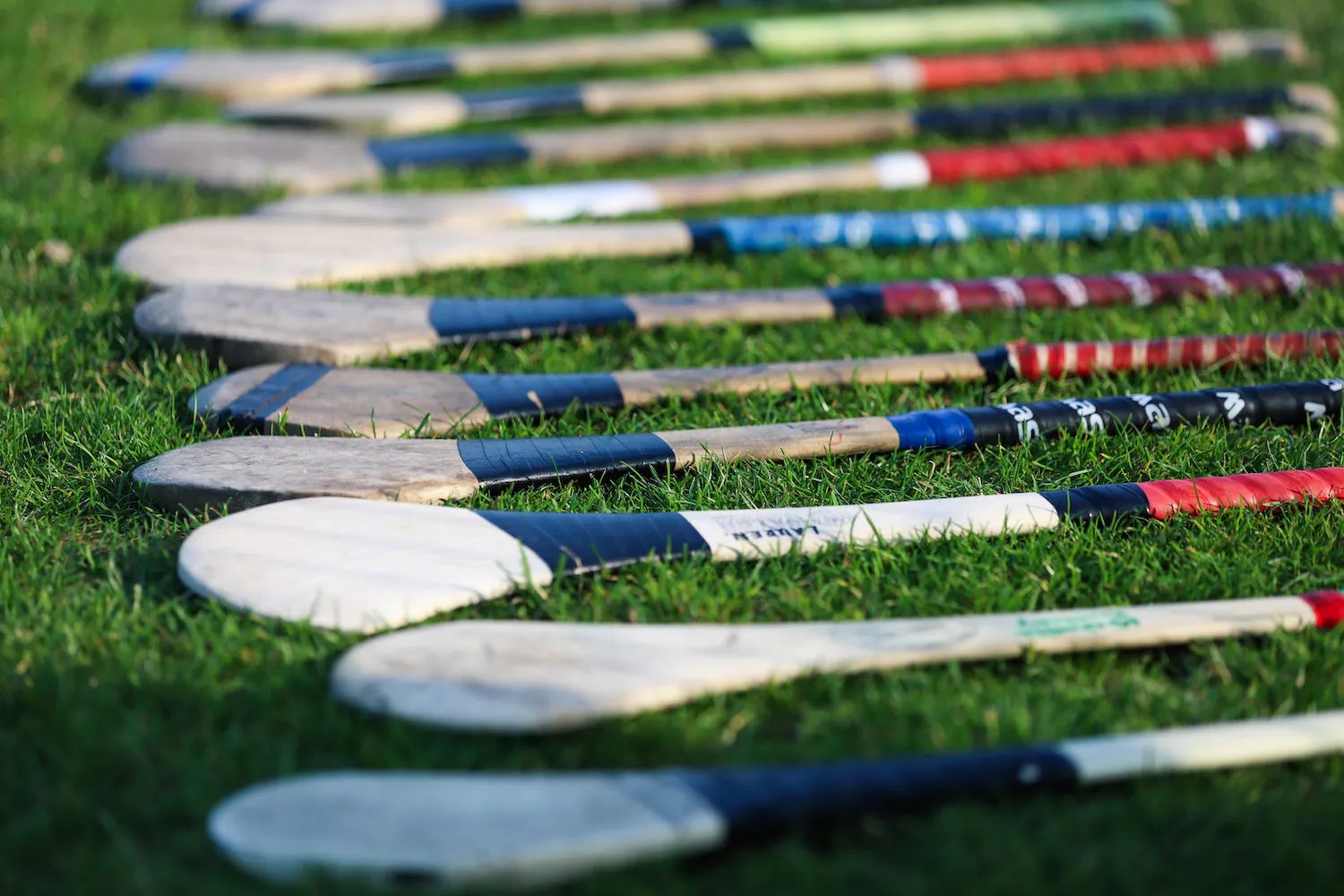Bryan McCullick, a professor in the Mary Frances Early College of Education’s department of kinesiology, participated in a research team that conducted the largest coach development study in Irish sport.
The study, “Coaching and Coach Education in Gaelic games: A Benchmark Report,” collected data about the coaching population across multiple levels of Gaelic sport with the goal of using it to inform and implement coaching development and policies.
Gaelic games are sports native to Ireland including Camogie, Gaelic football, handball, hurling, ladies’ Gaelic football, and rounders, according to the Gaelic Athletic Association (GAA).
 A team of officials from the GAA, sport development authority Sport Ireland, and seven scholars, including McCullick, surveyed over 10,000 coaches of Gaelic games. McCullick is the only scholar on the team from outside of Ireland.
A team of officials from the GAA, sport development authority Sport Ireland, and seven scholars, including McCullick, surveyed over 10,000 coaches of Gaelic games. McCullick is the only scholar on the team from outside of Ireland.
“As Ireland’s largest sporting organization, the GAA has a reputation as one of the great amateur sporting associations in the world,” McCullick said. “So, being involved in this project was not only interesting for me as a sport coaching researcher, but also an honor to be a part of an important piece of work that will most certainly provide guidance for the future of coaching in Ireland, researchers, and beyond.”
The study found that the majority of GAA coaches surveyed were male, and nearly 90% have five or more years of coaching experience. About 40% of coaches also coach multiple games, or codes, and nearly three in four coaches said that balancing coaching with other responsibilities posed the greatest challenge.
“These data will now inform coach development policy at national, provincial, county, school, and club levels in a sports-mad country. If sport is to be a valuable part of child and adolescent development—and I believe it is—then, sport coaches must be competent and supported,” McCullick said. “The findings from this study will go a long way toward bettering the sport experiences for those playing and coaching—no matter the age or competition level.”
Some policy recommendations made in the study include
- Investigating barriers to entry in coaching for female coaches, who make up about 20% of coaches surveyed
- Targeting all club members for coaching recruitment rather than just parents and former players
- Recognizing coaches’ time commitments to their roles
- Creating coach development plans
